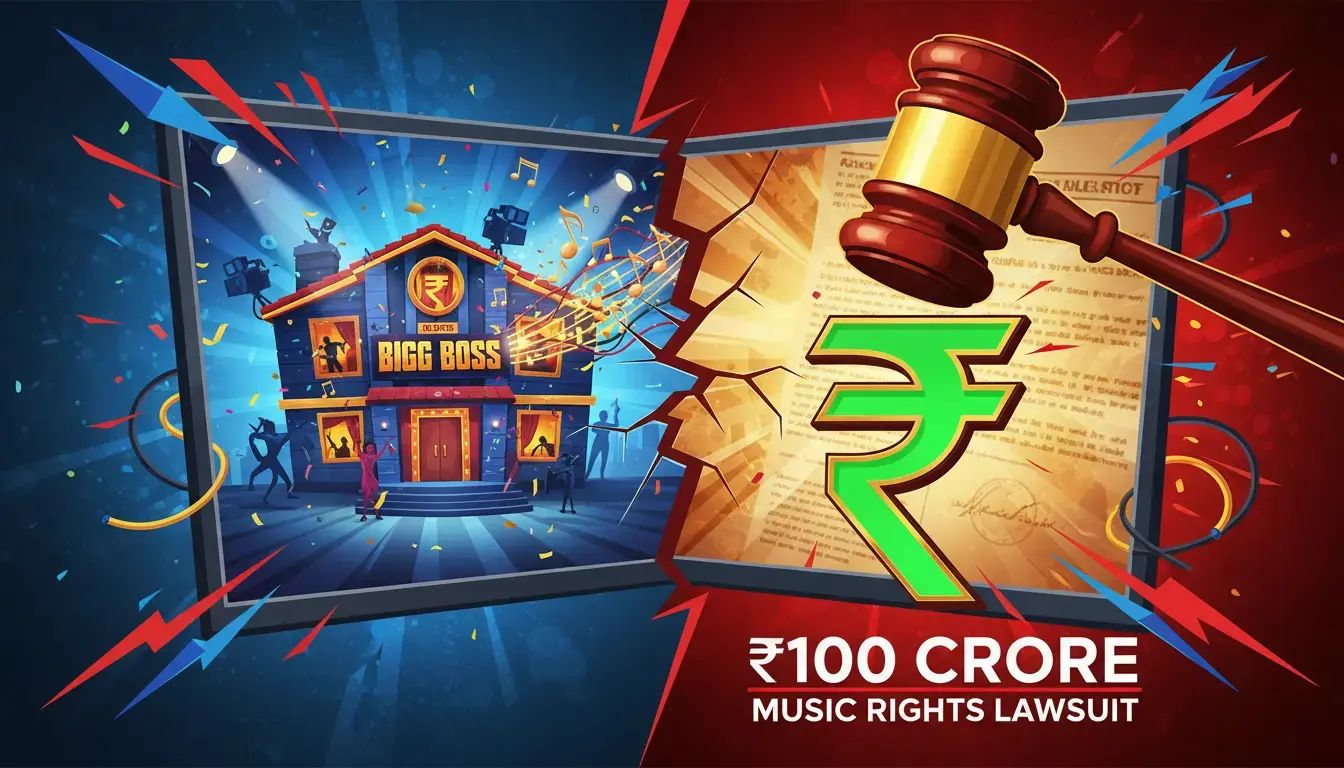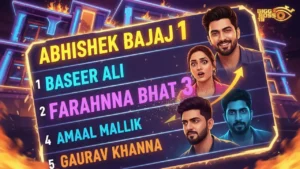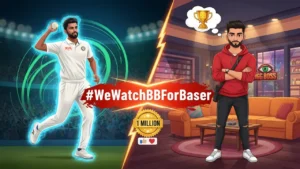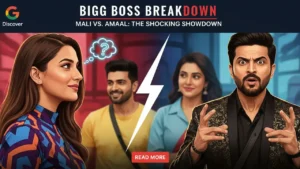A legal storm has erupted around India’s biggest reality show, Bigg Boss 19, sending shockwaves through the entertainment industry. The show, known for its high drama and celebrity contestants, is now at the center of a massive ₹2 crore lawsuit. This isn’t just about a hefty sum; it’s a stark reminder of the critical importance of intellectual property rights in the digital age and how even the biggest productions can face serious consequences for overlooking them.
The controversy stems from allegations of unauthorized use of popular Bollywood songs, leading to a major legal challenge from India’s prominent copyright licensing organization. For content creators and media houses, this unfolding situation offers crucial lessons on compliance and safeguarding creative works.
The Copyright Storm Brews: What the Data Reveals
- The Core Allegation: Phonographic Performance Limited (PPL), a key player in India’s music licensing, issued a legal notice against the creators of Bigg Boss 19. The charge? Using copyrighted music without permission. This isn’t a minor oversight; it’s a direct challenge to the fundamental principle of fair compensation for artists and rights holders.
- The Featured Tracks: Specifically, the lawsuit points to the songs “Chikni Chameli” from the film *Agneepath* and “Dhat Teri Ki Main” from *Gori Tere Pyaar Mein*. These popular tracks were allegedly played during the eleventh episode of Bigg Boss 19, which aired on September 3, 2025. Imagine the show’s producers now facing the repercussions of not securing proper licenses for these catchy tunes.
- The Demand: PPL is not just asking for an apology. They’ve demanded a staggering ₹2 crore in damages and unpaid license fees. This substantial figure underscores the severe financial penalties that can arise from copyright infringement. In addition to the monetary claim, a cease-and-desist order has been issued, strictly prohibiting any further unauthorized use of their sound recordings.
- The Parties Involved: The legal notice, dated September 19, 2025, names Endemol Shine India and Banijay, the powerful production companies behind Bigg Boss 19. Directors Thomas Gousset, Nicolas Chazarain, and Deepak Dhar have also been implicated, highlighting that responsibility extends to the individuals overseeing content creation.
Unpacking the ₹2 Crore Demand: Real-Life Examples
This case isn’t just about a popular reality show; it’s about the intricate world of music rights. PPL asserts that both “Chikni Chameli” and “Dhat Teri Ki Main” are licensed to Sony Music Entertainment India. Crucially, PPL exclusively manages the public performance rights for these songs. This means any public broadcast or use requires their explicit authorization. The unauthorized use is considered a wilful infringement under Section 30 of India’s Copyright Act, 1957, a serious legal designation that implies intent.
This situation serves as a powerful example for every content creator, from small YouTubers to major production houses. Neglecting proper licensing can lead to not only financial penalties but also reputational damage. Consider other recent cases where creators faced legal action for using background music or sound effects without consent. The message is clear: intellectual property is a valuable asset that must be respected.
What You Should Do Next: Lessons for Content Creators
The Bigg Boss 19 legal saga offers vital takeaways for anyone involved in content production:
- Prioritize Licensing: Always secure proper licenses for all music, visuals, and intellectual property used in your content. Do not assume public availability means free use.
- Understand Copyright Law: Familiarize yourself with the Copyright Act and the specific nuances of public performance rights in your region.
- Consult Experts: When in doubt, seek legal counsel specializing in intellectual property. A small investment upfront can prevent colossal costs down the line.
The ₹2 crore lawsuit against Bigg Boss 19 is more than just a headline; it’s a pivotal moment highlighting the unwavering power of copyright law. As the entertainment landscape evolves, ensuring compliance with music rights remains paramount. Will this case set a new precedent for how major shows handle their music? Only time will tell, but one thing is certain: ignoring copyright comes with a steep price.
Share your thoughts in the comments below: How do you think this lawsuit will impact future content production in India?




